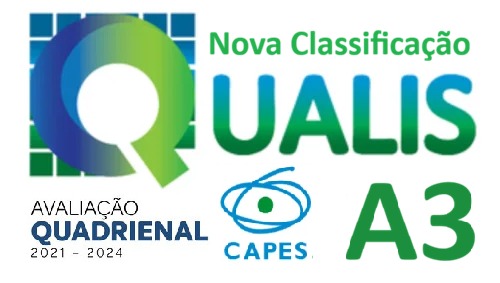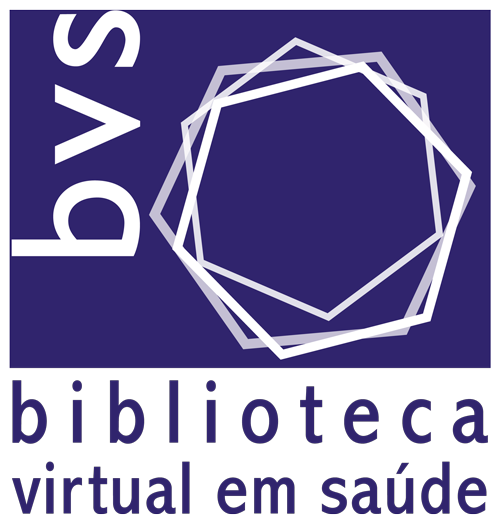New article published in 13(3A) - RADIO 2024
Common onion extract (Allium cepa): radioprotective or radiosensitizing?
Abstract: Currently, ionizing radiation has been used on a large scale in different areas of knowledge. However, despite the existence of several radioprotection regulations for workers, patients, and members of the public, these are not sufficient to completely limit the potential harm of ionizing radiation. In this way, there is currently an interest in finding radiomodifying substances with radioprotective or radiomitigating activity. Therefore, as a means of radioprotection, the use of radioprotective compounds is essential to preserve healthy cells from radiation-induced damage. Among these agents, the literature highlights natural compounds and extracts, one of which is Allium cepa, commonly known as "onion” - a plant with medicinal potential, as well as antitumoral and antioxidant properties. However, no studies have reported the application of onion extract as an antioxidant and radioprotective agent in mammalian cells. Thus, it is necessary to confirm the antioxidant and radioprotective capabilities of A. cepa extract in human lymphocytes, particularly for planned exposures to ionizing radiation. Accordingly, the aqueous extract of A. cepa bulbs was subjected to cell viability testing (MTT assay) and antioxidant capacity evaluation (ABTS and DPPH assays). Subsequently, in the presence of the extract, the micronucleus assay was performed in lymphocytes exposed to three absorbed radiation doses (ranging from 0.5 to 4 Gy). The results demonstrated that, depending on the radiation dose and extract concentration, A. cepa extract influences the formation of micronuclei. At the dose of 0.5 Gy, no statistically significant difference was observed between irradiated groups treated with or without the extract. At 2 Gy, an increase in micronucleus frequency was observed in the presence of the extract, whereas at 4 Gy, the opposite effect was noted. Our findings suggest that A. cepa extract is a compound with potential applications in the field of health-related radiation exposure, exhibiting dual behavior depending on its concentration and the radiation dose. These results pave the way for further investigations involving new extract concentrations, different absorbed radiation doses, and individual variability. Read full article.



























